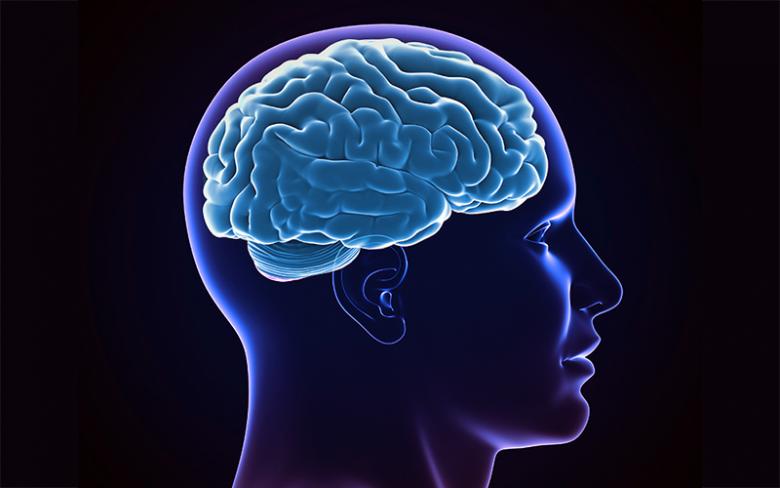In 2017, research has weighed-in on physical exercise and its beneficial effects in improving memory and combating depressive symptoms. New research, however, found even more reason to get off the couch and begin initiating a routine workout plan.
According to a study, published in JAMA Neurology, physical exercise of high-intensity, just three times a week, may help delay the onset of Parkinson’s during its early stages and reduce the severity of motor dysfunction caused by the neurodegenerative disease.
Researchers analyzed 128 participants, aged 40 to 80, from various centers including Northwestern University, Rush University Medical Center, the University of Colorado and the University of Pittsburgh.
The participants selected for the study experienced symptoms of early-stage Parkinson’s and did not consume any medication, as the adverse effects may have compromised the findings.
“Scientists examined the safety and effects of exercise three times weekly for six months at high intensity, 80 to 85 percent of maximum heart rate, and moderate intensity, 60 to 65 percent of maximum heart rate. They compared the results to a control group who did not exercise,” according to the findings.
The results of the study were then compared to a control group that did not partake in the high-intensity exercises.
Following six-months, participants were asked to rate the severity of their symptoms on a scale of 0 to 108. 0 pertaining to be less severe, and 108, the most severe.
Researchers found that participants who exercised with high-intensity saw fewer to zero increase in the severity of symptoms. The participants who only initiated in moderate exercises, or none at all, reported worsening symptoms and a shift in scale points.
“Participants in the study had a score of about 20 before exercise. Those in the high-intensity group stayed at 20. The group with moderate exercise got worse by 1.5 points. The group that did not exercise worsened by three points. Three points out of a score of 20 points is a 15 percent change in the primary signs of the disease and considered clinically important to patients. It makes a difference in their quality of life,” the study found.
The intensity of exercise given to participants was confirmed to be safe by researchers and suggests that it may hinder the symptoms of Parkinson’s from deterioration early in the disease.
“Several lines of evidence point to a beneficial effect of exercise in Parkinson’s disease. Nevertheless, it’s not clear which kind of exercise is most effective. The SPARX trial tries to rigorously address this issue. The results are interesting and warrant further exploration of the optimal exercise regimes for Parkinson‘s,” said Dr. Codrin Lungu, a researcher at the National Institute of Neurological Disorders and Stroke.
This was the first instance of research between intense exercise and Parkinson’s, in which prior assumptions concluded that such physical activities might have been too strenuous. Parkinson’s affects more than a million people in the US, making it the second most common neurodegenerative disease. Symptoms include motor deterioration, tremors, and stiffness.

